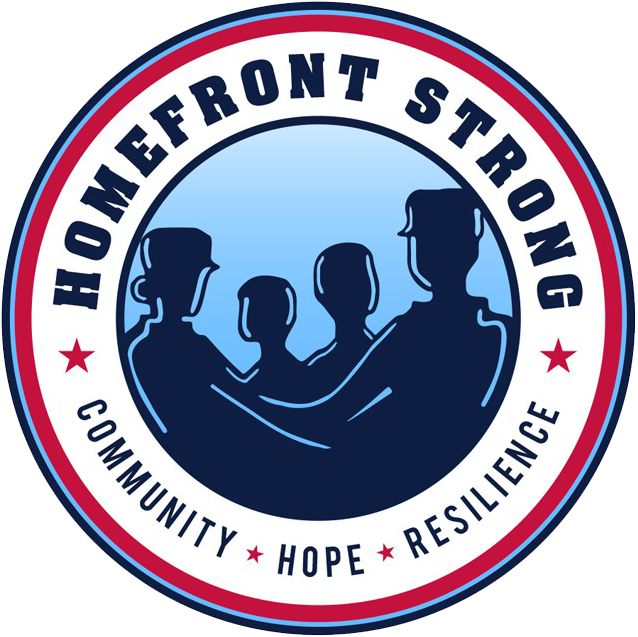Cynthia Crosson continues to learn from her son — 15 years after his death.
You Cannot Cage the Wolf is Crosson’s recently published book, telling the story of her relationship with her son Jamie Tower, what he was like before he entered the military and how different he was when he came back. He died by suicide in May 2003 at age 22.
Crosson will talk about the book and sign copies at Welcome Home Place, the Nov. 23 drop-in resource center hosted by The Brookfield Institute. Welcome Home Place is open from 9 to 11 a.m. at Holyoke Community College’s E2E Center, 79 Main St., Ware, the fourth Saturday of every month. It is part of The Brookfield Institute’s mission of outreach and education for veterans and their families, to help prevent veteran suicide and build resiliency. Pat Read, a case manager at Neuro-Rehab Management Inc. and the Wounded Warrior Project Independence Program, will also be at Welcome Home Place to talk about the program for 9/11 veterans who have suffered brain injury.
“You Cannot Cage The Wolf begins when I was notified that my son had died,” Crosson said.
During his deployment, Jamie had been stationed in Bosnia, which she admits a lot of people didn’t think of as a traumatizing place, but “it was bad enough.” He’d had to witness the digging up of up mass graves in order to rebury the bodies; he didn’t know when he could leave the base because of the minefields.
“I know from my own work that trauma results from unpredictability in life-threatening situations,” said Crosson, a minister and psychiatric social worker.
After Jamie’s death, Crosson discovered NEADS and its service dogs for ministry program. She went on to design and help to implement the Trauma Dogs for Assistance program at the Princeton, Mass.-based nonprofit. She feels the program — and the dogs — are aligned with Jamie’s life.
He loved animals and had a special affinity for wolves, hence the title of You Cannot Cage The Wolf, Crosson said. Plus, the more she’s learned about military trauma and PTSD, the more she is convinced Jamie was suffering from it — and undiagnosed.
“He was traumatized when he came home. He used to be a happy-go-lucky kid. He was a different kid when he returned from Bosnia. Military people knew that if you admitted to having PTSD there was a stigma.
“I saw the symptoms in Jamie. I had worked with trauma in my psychotherapy clients—both adults and kids — for years, but this was my kid. I didn’t want to admit to myself that he was exhibiting symptoms,” Crosson said.
Jamie was technically still in the military when he died, on reserve and awaiting deployment while home in Massachusetts. “One of the gifts a Gold Star Mother gave me was telling me that my son’s death was just as much from the wounds of war as a death in combat.”
“The book started out with an idea of service dogs, but evolved into much more a memoir of my own healing,” Crosson said. During the writing of the memoir, she read newspaper stories and police reports of her son’s death, which she had never looked at before. Her editor at Haley’s Publishing, Marcia Gagliardi, encouraged her to jog her memory, no matter how hard it was.
“The book is about my healing from the time I learned about my son’s death. I didn’t make the connection thoroughly until I began interviewing the veterans in the NEADS program. I didn’t process my son’s distress until I began hearing about their symptoms — couldn’t sleep, startle in crowds, isolating himself. I began to think, What if he’d had that program?
“My hope is that it will be an inspiration to other people who have lost children to suicide and military suicide,” Crosson said.
She also serves as a co-facilitator of The Brookfield Institute’s monthly Military Bereavement Support Group. “It’s been a really good experience. I thanked the group in the acknowledgments. Despite the fact that you think you’ve healed, healing is an ongoing process.”
Working with families who are dealing with a death more recent than Jamie’s has also been rewarding. “(I like when) someone else can see how I went from the total bottom to making meaning out of something horrible that happened.”
The book will be for sale at Welcome Home Place, 9-11 a.m. Nov. 23, at the E2E Center, 79 Main St., Ware. It is also available from Haley’s Antiques and Publishing and Amazon.
For more information about Welcome Home Place and The Brookfield Institute, go to www.brookfieldinstitute.org.

